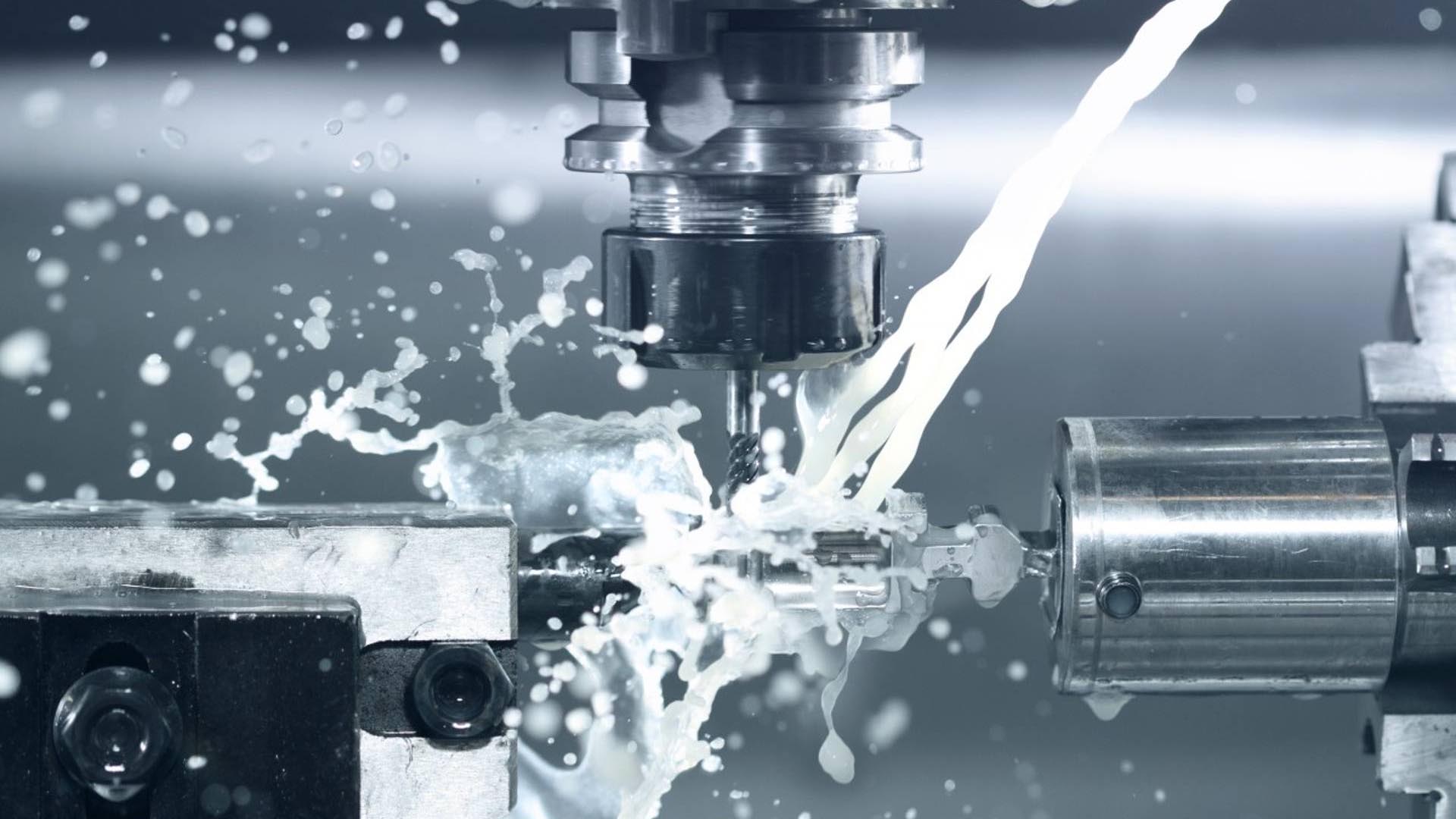Precision engineering has developed over decades and with each new development comes improvements and benefits to companies in a variety of industries including construction. We’re going to look at some of these benefits today, the industries they impact, and how CNC precision engineering has changed manufacturing.
Speed and scale of production
As companies in all industries face greater pressure to deliver services quicker than ever before, precision engineering in construction can play a vital role in achieving this. Previously, engineering relied on the physical skill of employees. While those producing parts gained extremely valuable skills and knowledge, it also had drawbacks. To produce highly accurate parts, an engineer would have to spend tens of thousands of hours working on their craft to master a machine.
What soon became apparent is that when large scale orders were placed, and speed was vital, a human’s skill can only go so far. This led to the development of CNC machining, which uses computer programs to control and produce parts with greater speed than any human could achieve. When larger orders need to be filled, for example, when producing parts for the automotive industry, using CNC machines is really beneficial. These machines can be programmed to run for hours at a time without requiring a break, therefore increasing the speed at which large orders can be produced.
Accuracy of parts
Another critical benefit to precision engineering in construction is how accurately parts can be produced. This is crucial in all areas, from building structures to making medical devices, as if parts don’t fit in the broader project, it can cause serious problems. Humans can produce machined parts which come very close and often achieve the exact tolerances requires with precision engineering. However, they are unable to do it as well as when using a technique such as a Wire EDM manufacturing which is controlled by computer programs. With CNC precision engineering, the design of a part can be reproduced as many times as necessary, all to precisely the same measurements.
Safety of workers
Being able to produce high-quality parts from precision engineering techniques has numerous benefits to safety. Firstly, as mentioned CNC machining has replaced manual human engineering for a large number of manufacturing tasks. Because humans no longer have to be in direct contact with manufacturing tools, this improves workplace safety for those involved in precision engineering jobs. Traditionally, using machines such as a lathe would require humans to be very close to dangerous high speed moving parts. With processes like CNC milling and turning, this can be done behind safety screens and without human contact.
Secondly, for those people working on building and assembling projects, having parts that you know are made to the exact specifications of the design makes the job safer. When parts have to be modified on-site to complete a job, it can compromise the safety of those workers having to change the parts. Furthermore, without having to modify parts, the project’s safety is improved in the long term.
Reduced waste
An issue for all industries in today’s society is how much waste they are producing. Engineering parts have often led to large amounts of waste being generated for a variety of reasons. Firstly, when mistakes are made when producing apart, it can often not be salvaged, and the manufacturing process has to start again. Secondly, smaller parts are often cut from larger pieces of metal, and depending on how carefully the design has been thought out, a large amount of excess metal can be wasted around the edges of the part.
With today’s precision engineering, the design can be considered more closely to maximize the amount of metal which is usable, when producing a part using a process such as a spark erosion manufacturing. Also, as stated above, because CNC machines can precision engineer parts to exactly the same measurements over and over again, as long as the design is correct initially the resulting parts will never have a mistake on them.
CNC Prototyping
A new development in precision engineering is CNC prototyping which offers significant benefits to most industries including architecture and construction. It involves having access to 3D solid model CAD designs as prototypes to work with before engaging in the actual full scale production process. Having the model means that one can identify flaws more easily whether it involves feel, texture and dimension. This is just one of several benefits.
Overall, precision engineering in construction is a vital part of the greater manufacturing and construction industries. These industries and others, including automotive, medical, aerospace, and many more, wouldn’t be able to operate at the levels they do today without precision engineering techniques and the benefits which have come from them.


Keytexmachines is leading CNC Machining Job Work in surat With Excellent Quality, Cost Effective Price & Prompt Delivery. CNC Machining Job Work, CNC Turning Job Work, CNC Machine Service offered by Keytex machines, Surat.